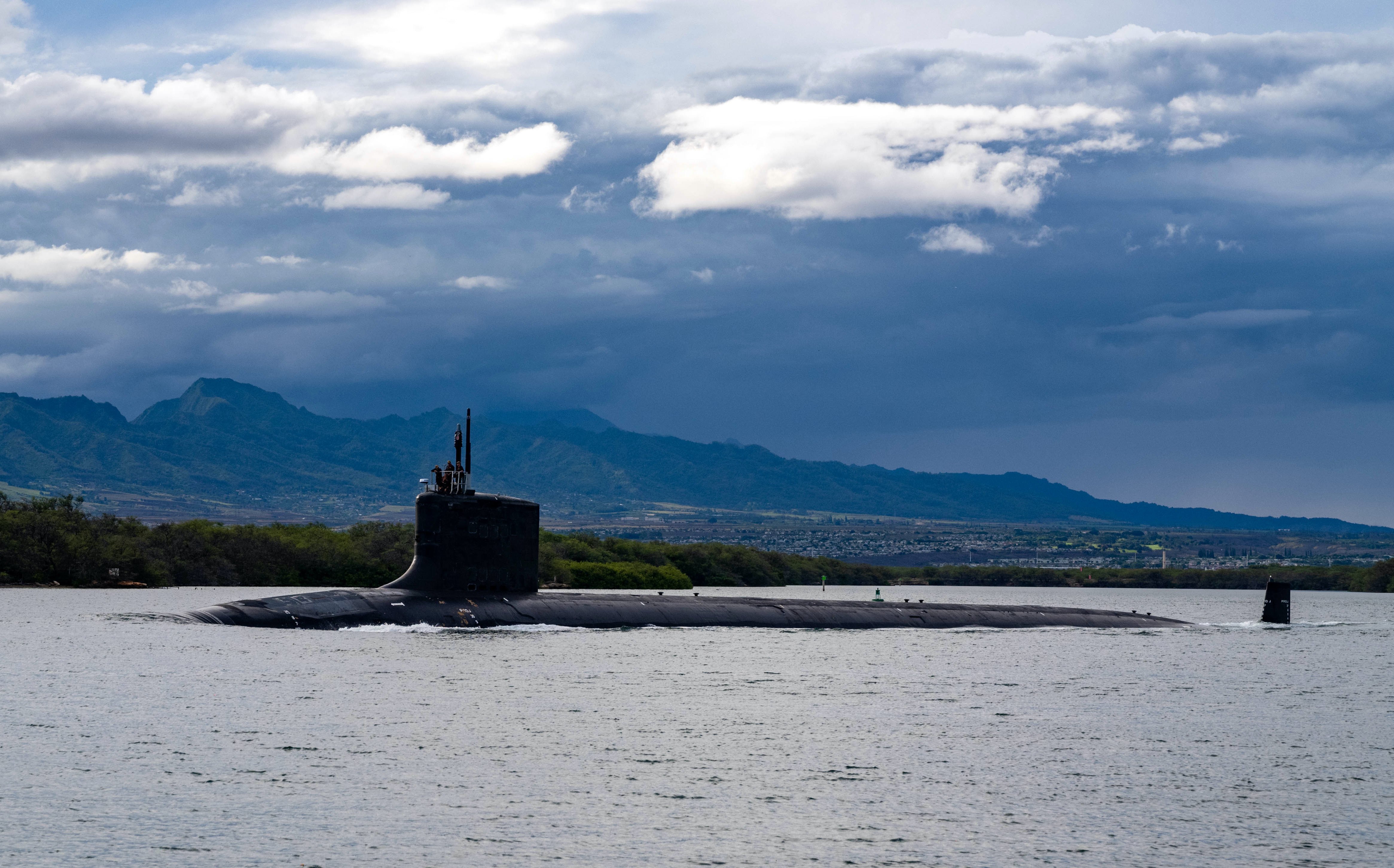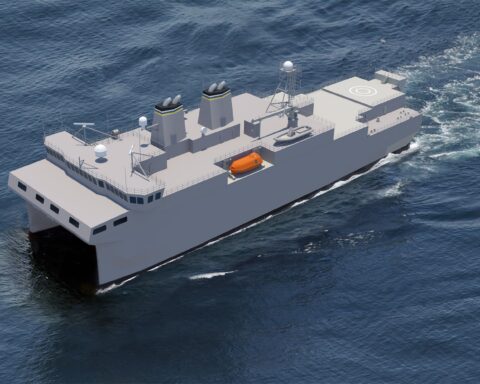The following is the March 12, 2020 Congressional Research Service report,Iran’s Nuclear Program: Tehran’s Compliance with International Obligations.
From the report
Several U.N. Security Council resolutions adopted between 2006 and 2010 required Iran to cooperate fully with the International Atomic Energy Agency’s (IAEA’s) investigation of its nuclear activities, suspend its uranium enrichment program, suspend its construction of a heavy-water reactor and related projects, and ratify the Additional Protocol to its IAEA safeguards agreement. Iran did not comply with most of the resolutions’ provisions. However, Tehran has implemented various restrictions on, and provided the IAEA with additional information about, its nuclear program pursuant to the July 2015 Joint Comprehensive Plan of Action (JCPOA), which Tehran concluded with China, France, Germany, Russia, the United Kingdom, and the United States. On the JCPOA’s Implementation Day, which took place on January 16, 2016, all of the previous resolutions’ requirements were terminated. The nuclear Nonproliferation Treaty (NPT) and U.N. Security Council Resolution 2231, which the Council adopted on July 20, 2015, compose the current legal framework governing Iran’s nuclear program.
Iran and the IAEA agreed in August 2007 on a work plan to clarify outstanding questions regarding Tehran’s nuclear program. The IAEA had essentially resolved most of these issues, but for several years the agency still had questions concerning “possible military dimensions to Iran’s nuclear programme.” A December 2, 2015, report to the IAEA Board of Governors from then-agency Director General Yukiya Amano contains the IAEA’s “final assessment on the resolution” of the outstanding issues.
This report provides a brief overview of Iran’s nuclear program and describes the legal basis for the actions taken by the IAEA board and the Security Council. It will be updated as events warrant.





